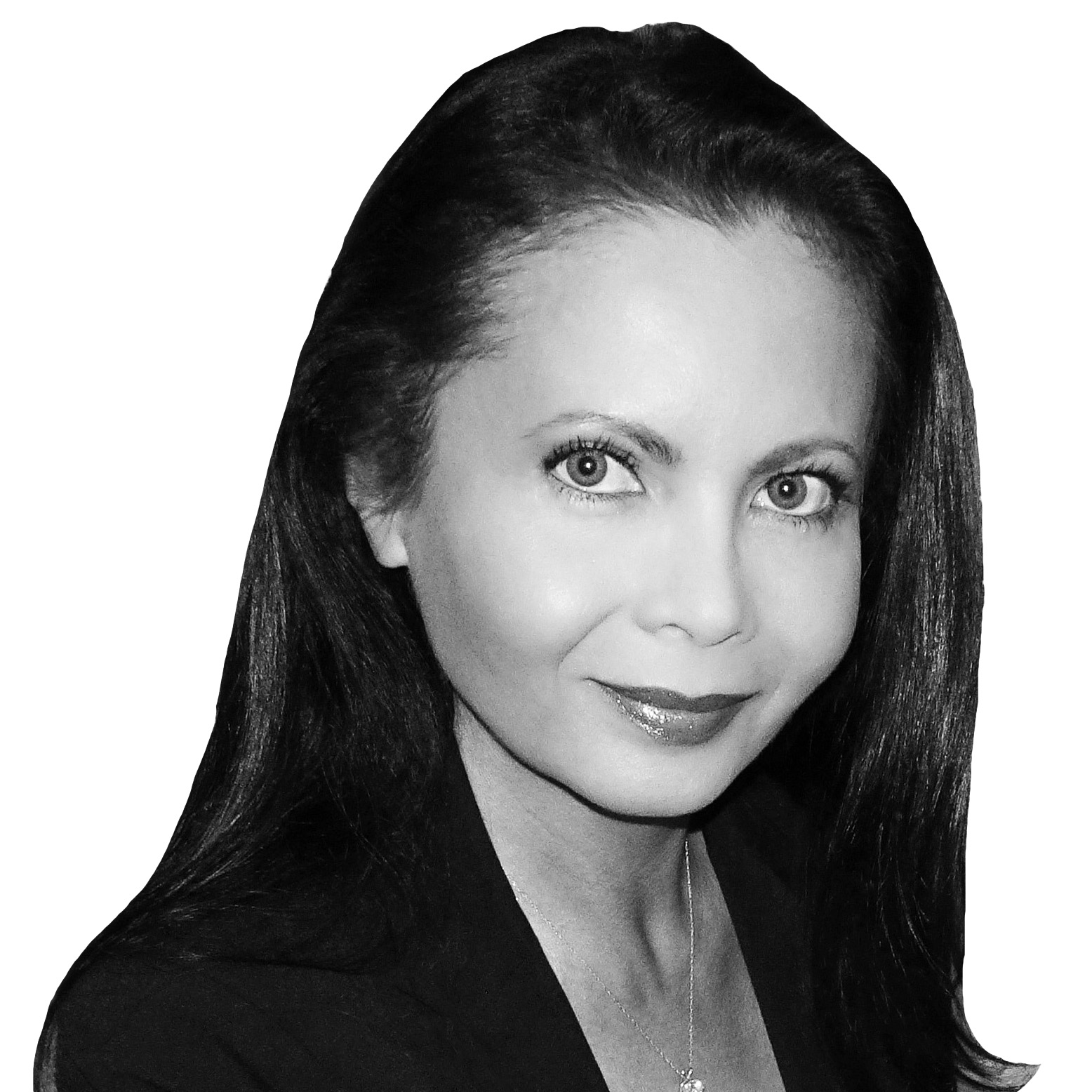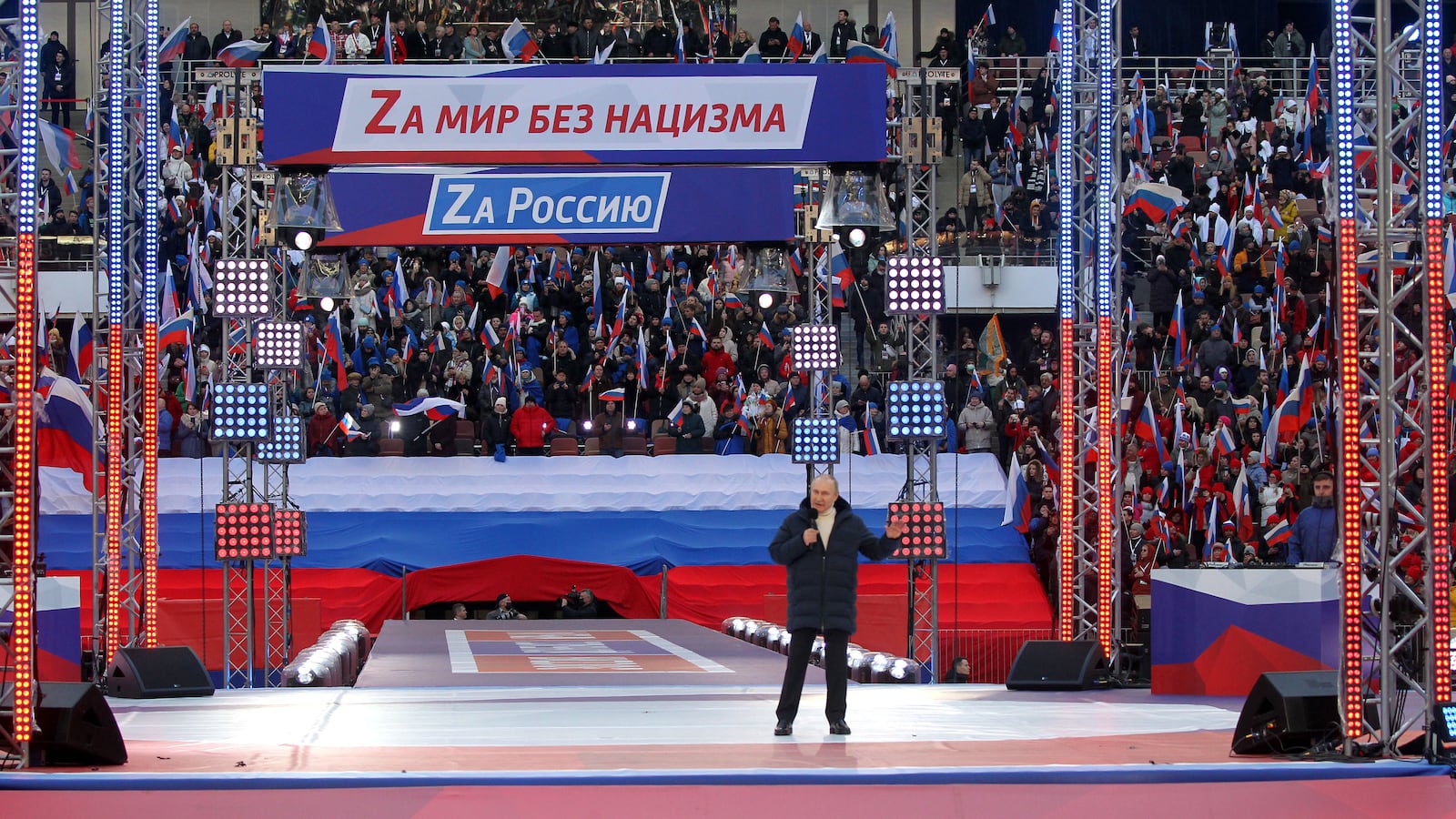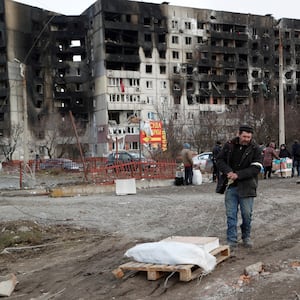A Moscow stadium was crammed full for an event marking the eighth anniversary of Russia’s annexation of Crimea on Friday. The crowds, reportedly some 200,000 people, were cheering as Russian President Vladimir Putin took the stage, along with some of his most popular propagandists. “We haven’t had such unity in a long time,” Putin claimed.
There were patriotic songs, a sea of Russian flags and slogans that read: “For a world without Nazism” and “For Russia.” Revealing the underlying theme of the rally, the first letters of the word “for” on these slogans were written in Latin and not in Cyrillic: the now notorious letter “Z” that serves as a symbol in Russia’s war against Ukraine.
As Putin’s troops continue to wreak bloodshed and devastation in the war on Ukraine, the flag-waving bonanza seemed tone deaf and chilling. At its core, it symbolized Putin’s apparent desire to superimpose the nearly universal domestic approval of his unlawful annexation of Crimea upon the ongoing bloody war against a once-brotherly nation.
While Russian polls reflect relatively high approval of Russia’s military invasion of Ukraine, which the Kremlin refuses to call by its proper name, the reality is much more complicated. Even dedicated pro-Putin pundits on state television have voiced doubts about the chosen course in Ukraine, and especially about the economic repercussions that followed. The anti-war protest by Marina Ovsyannikova, an editor at state TV’s influential Channel One, revealed further cracks within the propaganda apparatus used to gin up support for the unjust war. Even the propagandists themselves don’t seem to be buying the rationale behind Putin’s decision to invade Ukraine.
Everyday Russian citizens are likewise skeptical of the official polling, with some claiming that according to their own anecdotal polls, most of the people they know don’t support the war, except for the over-60 crowd. Friday’s rally seemed to be hand-crafted to fill that gap, appealing to younger Russians by using comparisons and expressions common in social media. Instead of attempting to whitewash the invasion, which is more challenging in dealing with the media-savvy generation, some opted not to even mention it.
Journalist and influencer Tina Kandelaki referred to the crushing western sanctions only as “difficulties” and claimed: “They’re trying to erase an entire nation as a social media account.” As if they have forgotten there’s a war raging next door in Ukraine, Kandelaki absurdly asserted that the only reason the Russians are being singled out is “because we speak Russian.” She even claimed that Russia lost its ability to compete in Olympic games under its own name and flag solely because of their language, and not because of doping. Notably, the same bogus reasoning was used to justify the annexation of Crimea and the creeping invasion of Donbas that started in 2014.
Putin’s propagandist Margarita Simonyan, the head of RT and Sputnik, also spoke at the rally. She proudly reminded the attendees that she was one of the main agitators for Russia’s absorption of Ukraine’s Donbas region, repeating yet again: “Mother Russia, take Donbas home.” Simonyan asserted that in Ukraine, Russian soldiers are fighting “against the unclean,” using the word commonly describing imps and evil spirits in Russian fairy tales. She didn’t mention her own pre-invasion predictions that there would be no significant sanctions should Russia invade Ukraine, or her prior assertions that Ukrainians would welcome their Russian “liberators.” None of Simonyan’s predictions held up, but the crowd cheered after her speech—like they did for every speaker.
Despite an elaborate display designed to illustrate the popular patriotic zeal, this seemed to be yet another example of smoke and mirrors, produced by the skillful propaganda puppeteers. Like official polls, rally images don’t tell the whole story. BBC News producer Will Vernon, reporting from Moscow, tweeted that after talking to dozens of people who attended the rally, he learned that many of them worked in the public sector and had been pressured into attending by their employers. One attendee told Vernon, “I think most people here don't support the war. I don't.”






